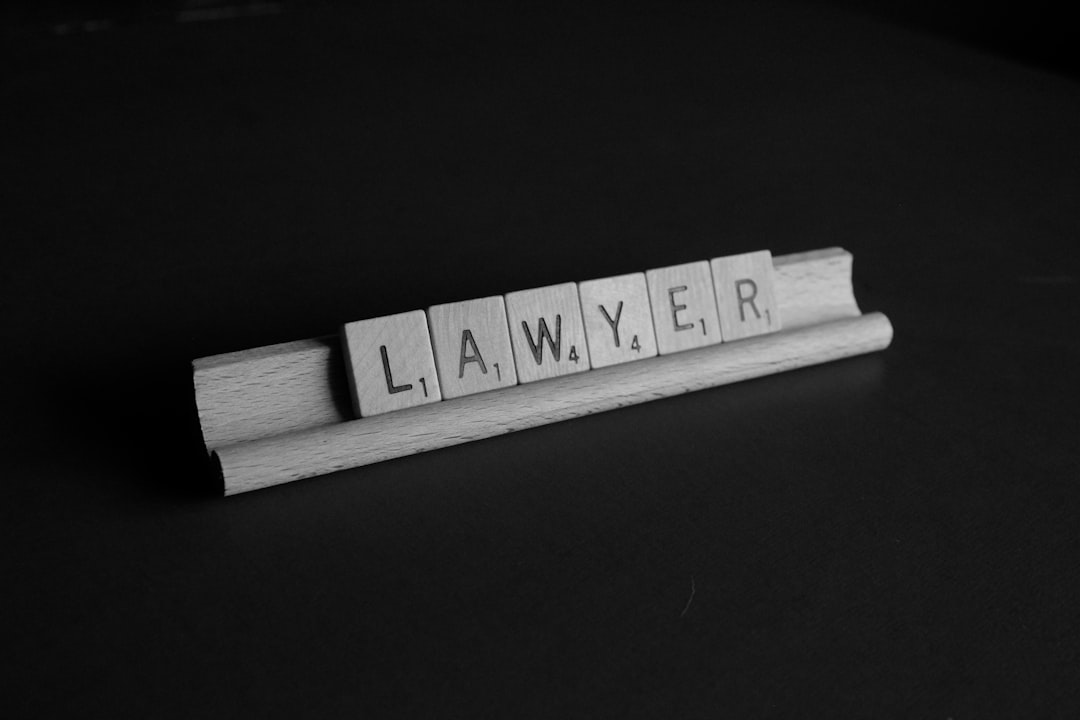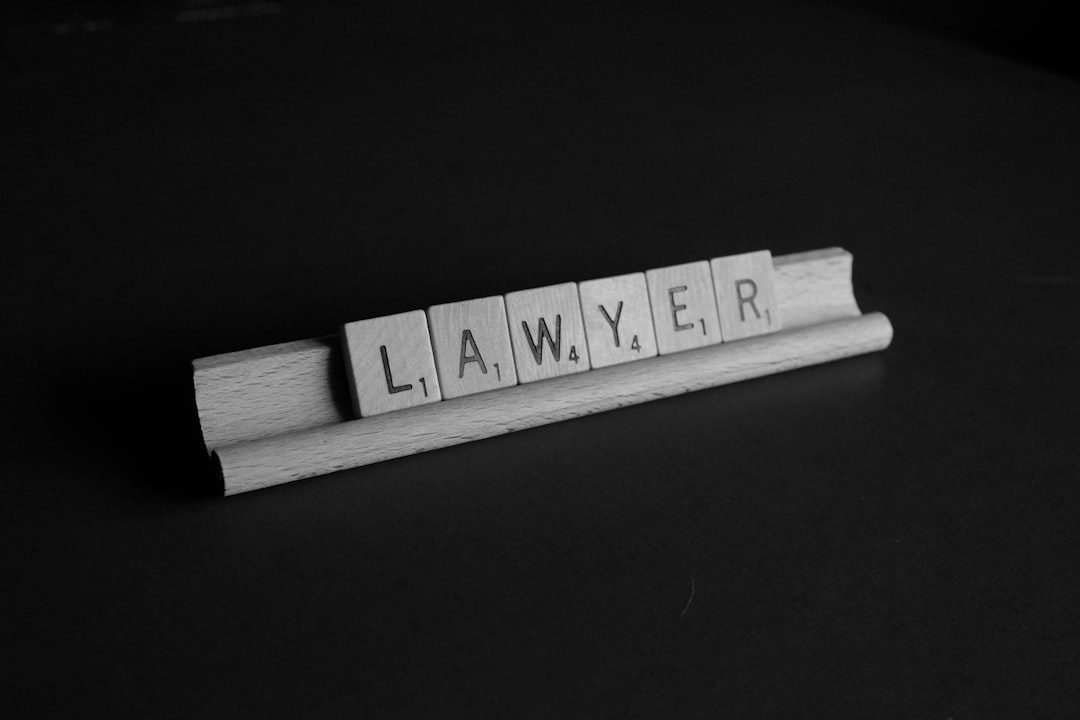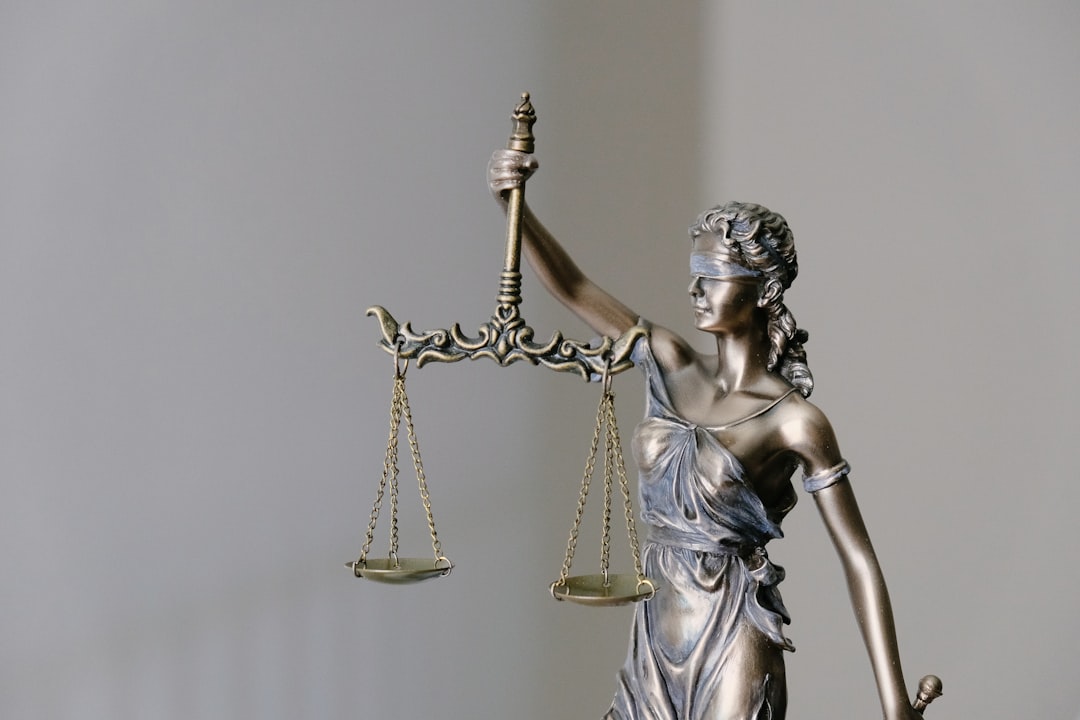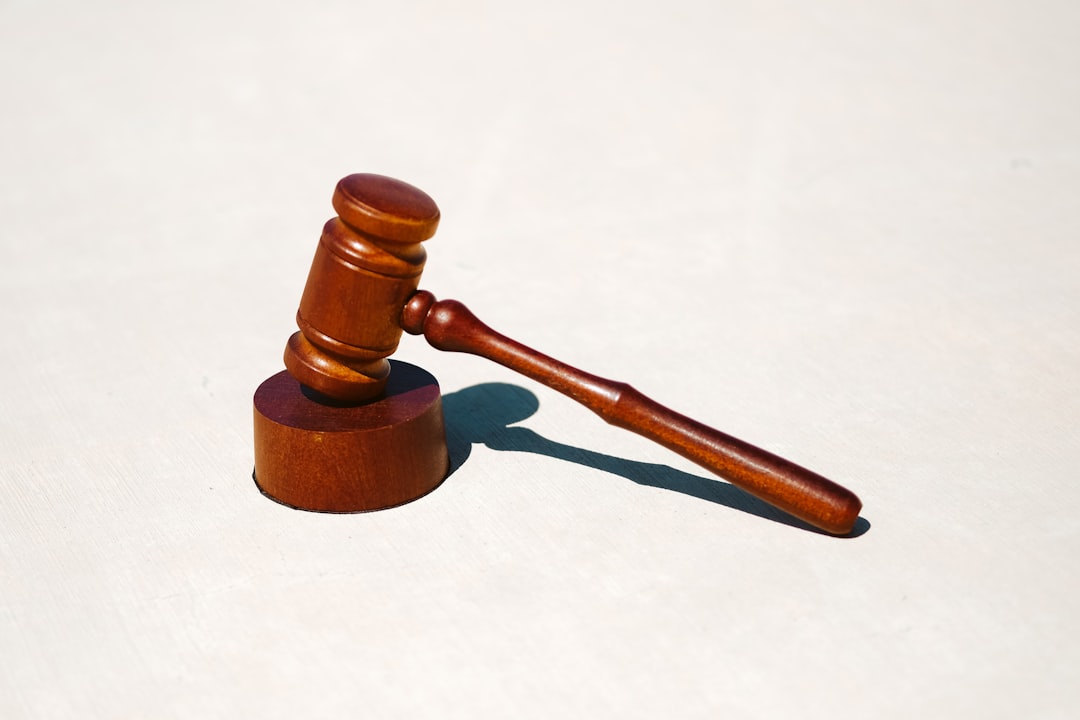In Maryland, finding justice and healing after a sexual assault can seem daunting. That’s where a dedicated sexual assault lawyer steps in as an ally. This expert navigates the complex legal landscape, ensuring victims’ rights are protected. From understanding state laws to supporting them throughout the process, these attorneys provide crucial guidance.
This article explores the vital role of a sexual assault lawyer in Maryland, offering hope and resources for those seeking recovery and rebuilding their lives.
Understanding Sexual Assault Laws in Maryland

In Maryland, sexual assault is taken extremely seriously, with strict laws in place to protect victims and hold perpetrators accountable. A sexual assault lawyer Maryland is a crucial resource for anyone who has experienced this traumatic event. They can help navigate the complex legal system and ensure that the victim’s rights are protected. Understanding the state’s laws is essential for those considering legal action after such an incident.
Maryland has comprehensive legislation in place to address sexual assault, including various degrees of assault and specific circumstances like consent and age restrictions. A skilled attorney will be well-versed in these laws and able to advise clients on their options, gathering evidence, and building a strong case. They can also educate victims about their legal rights, the potential outcomes of a case, and guide them through every step of the criminal or civil process.
The Role of a Sexual Assault Lawyer

When someone has been victims of sexual assault in Maryland, the support and guidance from a dedicated professional can make all the difference in their recovery journey. This is where a sexual assault lawyer steps in to play a pivotal role. These legal experts are not just advocates; they are champions for justice and healing. A Maryland sexual assault lawyer helps victims navigate the complex legal system while also providing emotional support tailored to their unique circumstances.
They ensure that victims’ rights are protected, offering strategic advice throughout the process. From gathering evidence to representing them in court, these lawyers empower survivors to take back control. Their expertise lies in understanding both the legal aspects and the sensitive nature of sexual assault cases, allowing them to offer a comprehensive support system. This dual role is crucial in helping victims recover and move forward with their lives.
Supporting Victims Through the Legal Process

When a person becomes a victim of sexual assault, they often face a complex and emotionally taxing legal process. A dedicated Maryland sexual assault lawyer plays a pivotal role in supporting victims through this challenging journey. They not only help navigate the intricate legal system but also provide a safe space for clients to share their experiences.
These attorneys offer invaluable guidance, ensuring victims understand their rights and options. They carefully collect and preserve evidence, collaborate with medical professionals, and communicate with prosecutors to build a strong case. Moreover, they advocate for victims’ emotional well-being, providing reassurance and a sense of agency during what can be an extremely vulnerable time.
Recovering and Rebuilding After an Assault

Recovering from a sexual assault is a deeply personal and often challenging journey. Many victims struggle with physical, emotional, and psychological impacts that can last for years. A Maryland sexual assault lawyer plays a pivotal role in this process by offering legal guidance, advocacy, and support tailored to each individual’s unique needs. They help victims navigate the complex criminal justice system, ensuring their rights are protected throughout the investigation and trial processes.
Beyond legal representation, these lawyers provide resources and referrals for mental health services, counseling, and other forms of recovery support. By connecting victims with specialized therapists and support groups, they foster an environment conducive to healing. The goal is not just to seek justice but also to empower survivors to rebuild their lives, restore a sense of safety, and reclaim their well-being in the aftermath of such traumatic experiences.






